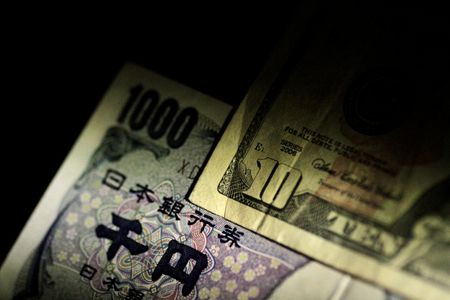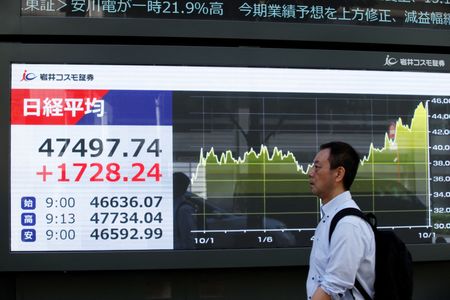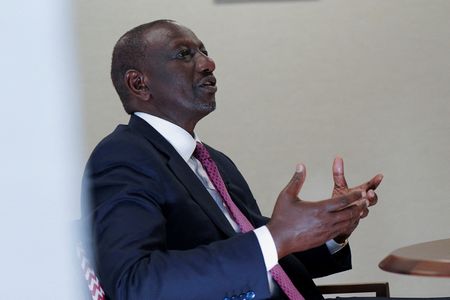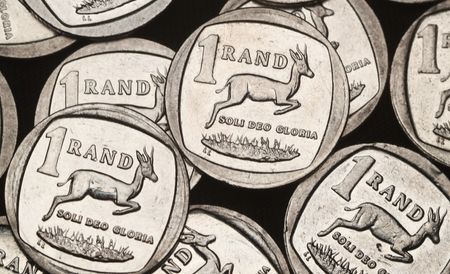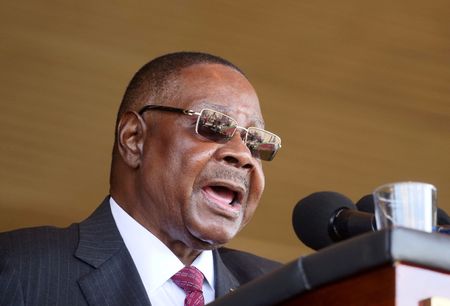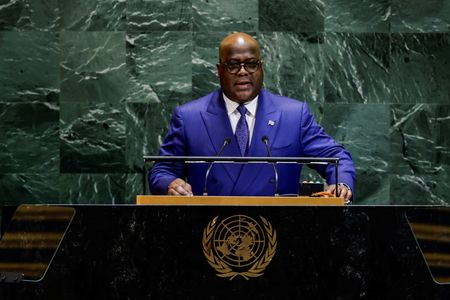By Gregor Stuart Hunter and Alun John
SINGAPORE/LONDON (Reuters) -Politics dominated currency markets on Monday, as the Japanese yen weakened by the most against the dollar in five months as Sanae Takaichi looked set to become Japan’s next prime minister, while the euro slid after France’s new prime minister quit.
Takaichi is a former economic security and internal affairs minister with an expansionary fiscal agenda for the world’s fourth-largest economy, and won the ruling Liberal Democratic Party’s leadership election at the weekend.
Her victory caused traders to reduce bets that the Bank of Japan will hike interest rates this month and sent the yen tumbling across the board.
UNCERTAINTY OVER POLICY PRIORITIES IN JAPAN
The dollar rose more than 2% to 150.47 yen, its highest since early August. If sustained, that would be its biggest daily gain since May 12.
The euro hit 176.22 yen in Asian trade, its highest ever against the yen. It later pared those gains to be up 1.2% at 175.3 yen after the news about the French prime minister.
Deutsche Bank had advised clients to position for yen appreciation, but they “are now getting out following the LDP election outcome this weekend”, the bank’s global head of FX research, George Saravelos, said in a note to clients.
“Sanae Takaichi’s surprise victory reintroduces too much uncertainty around Japan’s policy priorities and the timing of the BoJ hiking cycle.”
Long-dated Japanese government bonds sold off and the yen swaps market indicated just less than a 50% likelihood of a rate hike by December, down from 68% on Friday.
Meanwhile, the euro slid after France’s new Prime Minister Sebastien Lecornu and his government resigned on Monday, just hours after Lecornu announced his cabinet line-up, a major deepening of France’s political crisis.
PRESSURE ON MACRON AFTER LATEST SETBACK
The euro dropped 0.76% to $1.1655 and also slid 0.3% against the pound to its lowest in nearly a month.
“The pressure now goes back to President Macron to see how he deals with this deadlock,” said Lee Hardman, senior currency strategist at MUFG.
“For the market, the worst case would be if he tries to break that deadlock by calling snap parliamentary elections, that would extend the uncertainty in the near term and likely trigger another leg lower for the euro.”
Sterling was down 0.3% against the dollar at $1.3431, while the Swiss franc softened a similar amount to 0.7993 per dollar.
Elsewhere, this week traders will have to grapple with the absence of important U.S. economic data as the government shutdown continues.
That could make it hard to shake current market pricing signalling that easing at the Fed’s October meeting is a near-certainty. Fed funds futures implied a 96.7% probability of a 25-basis-point rate cut, according to the CME Group’s FedWatch tool.
The lack of U.S. data also leaves scope for markets to react more than they normally would to other inputs such as remarks from policymakers, said Francesco Pesole, currency analyst at ING.
(Reporting by Gregor Stuart Hunter in Singapore and Alun John in London; Editing by Shri Navaratnam, Kim Coghill, Kevin Liffey and Alex Richardson)

